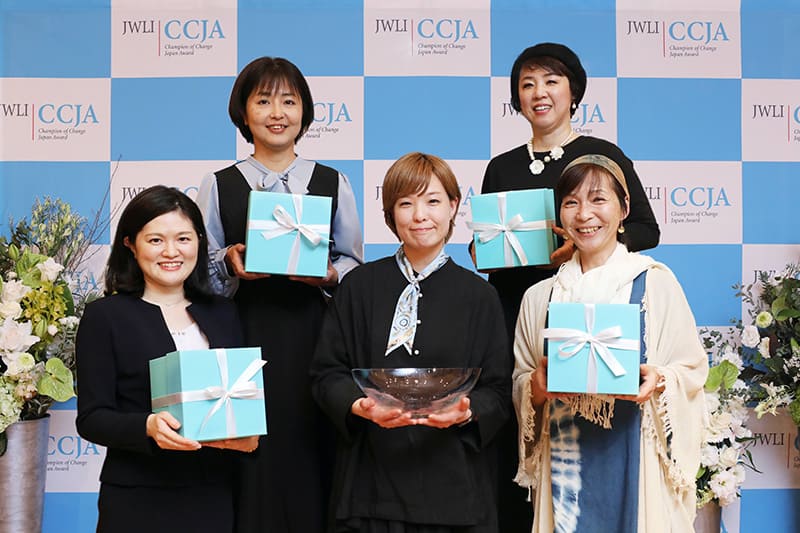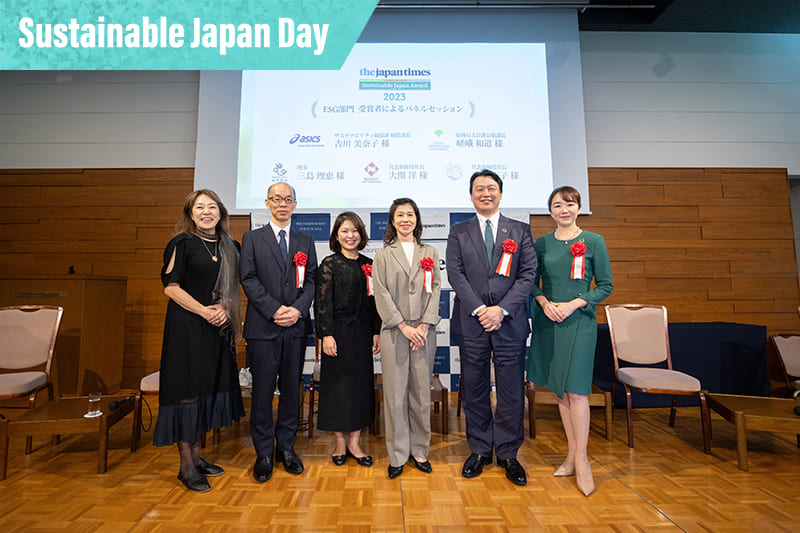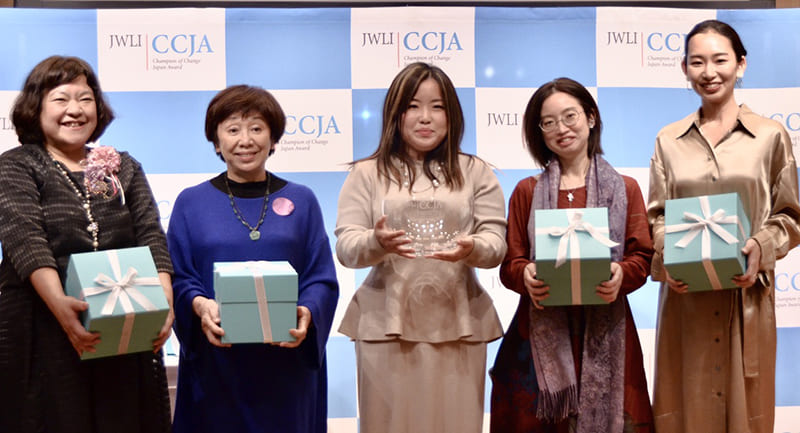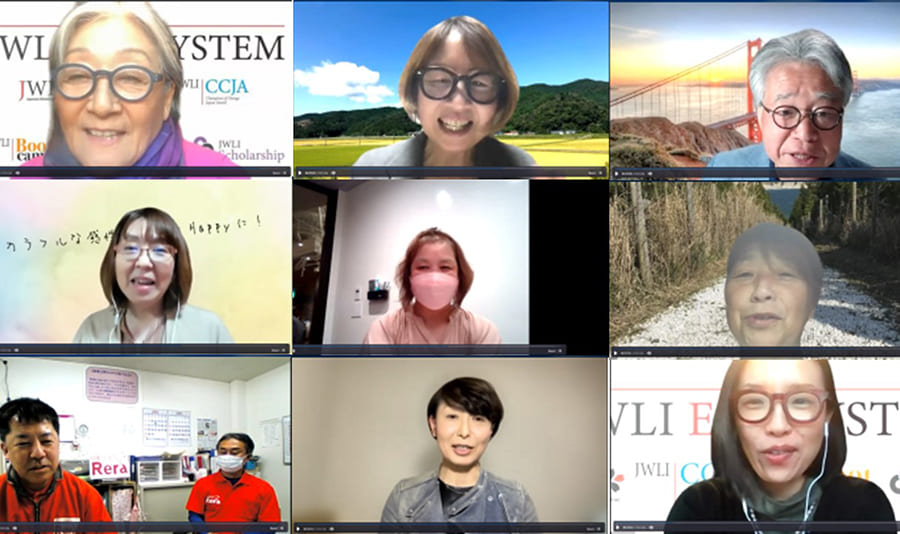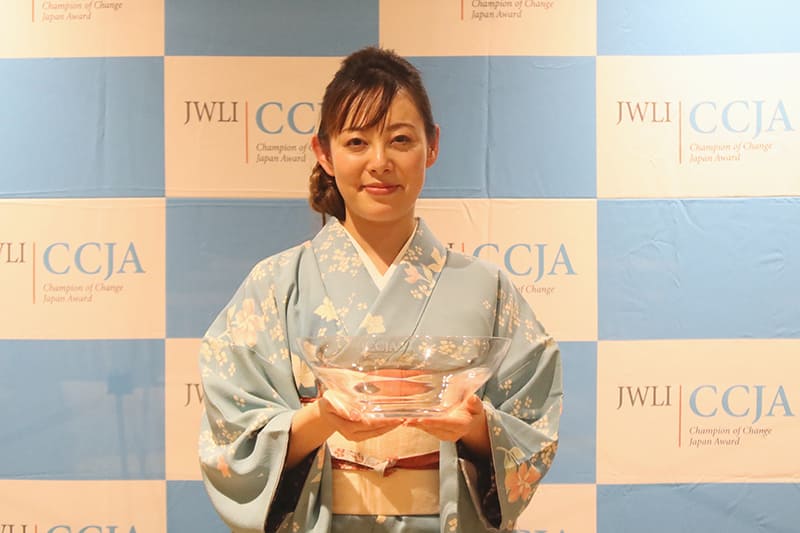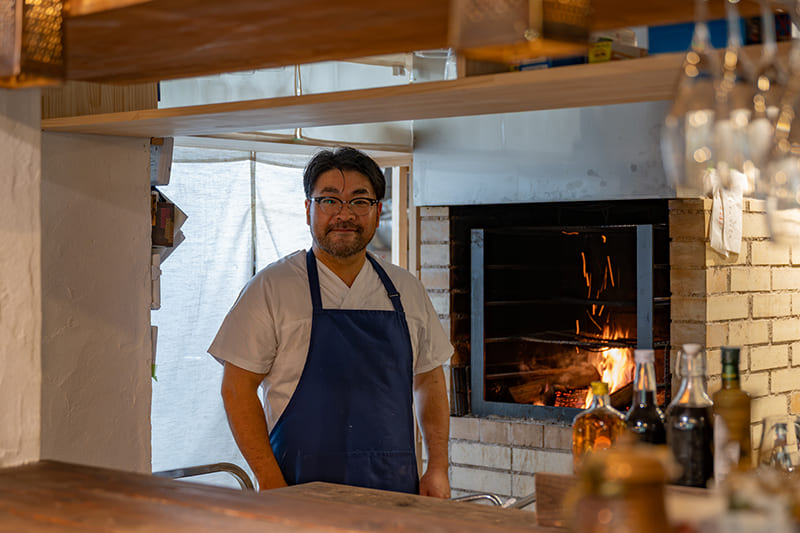April 29, 2022
Bond Project builds safety network for troubled youths
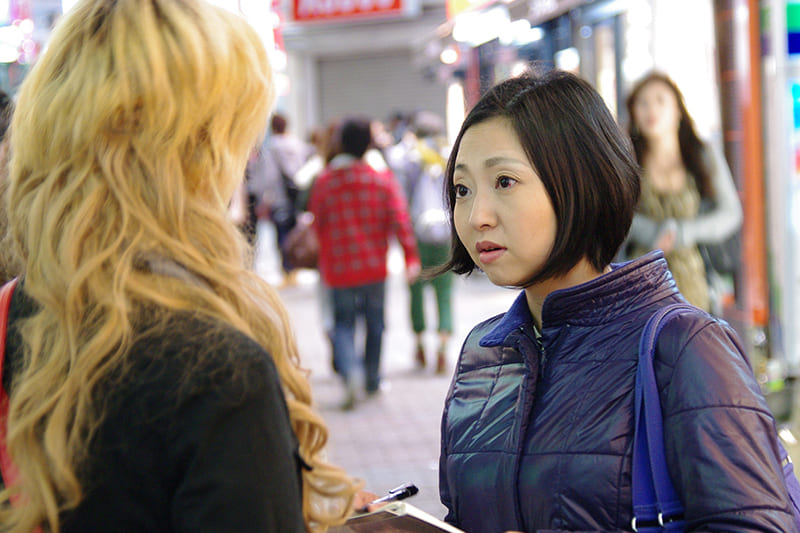
Jun Tachibana saw youths on the street as possible interviewees for a free paper, titled Voices, that focuses on how young people with various problems live, think, search for ways of expression and connect with other people. She had been involved in the publication of Voices as an editor-in-chief since its launch in 2005, but an encounter with a girl in Shibuya drove Tachibana to engage deeper with at-risk youths. “She was still very young and looked like a runaway girl, wandering around at night as if she had nowhere to go, easy prey for someone who might be out there to pick up a girl on the street,” Tachibana said. “I just couldn’t leave her there, so I asked her if she wanted to come and stay the night at my place.”
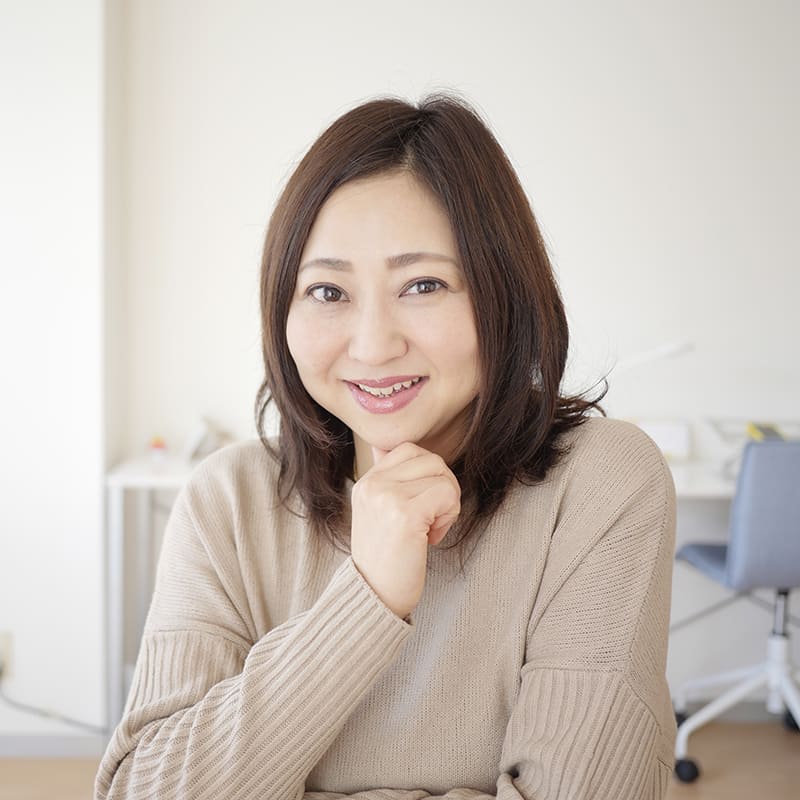
At least the girl slept one night in a safe haven, but Tachibana learned how easy it is to lose track of someone like this girl. Many like her have no home, or they have reasons not to go home. “Cellphones are the only means of communication, but many of the kids are broke and cannot continue to pay their bills,” Tachibana said. She and the girl lost communication, and when they ran into each other on the street again some time later, the girl was pregnant and Tachibana was in a middle of a patrol activity that she had started since her encounter with the girl.
The girl needed help again. The father of the baby was unknown, and she did not have a delivery reservation at any hospital. Tachibana helped her make an appointment at a women’s consulting center to get necessary advice for her prenatal and postnatal life, but she did not show up. Tachibana, who had promised to attend the consultation with her, talked with the consultant on her own, hoping to later get a chance to relay necessary information to the girl.
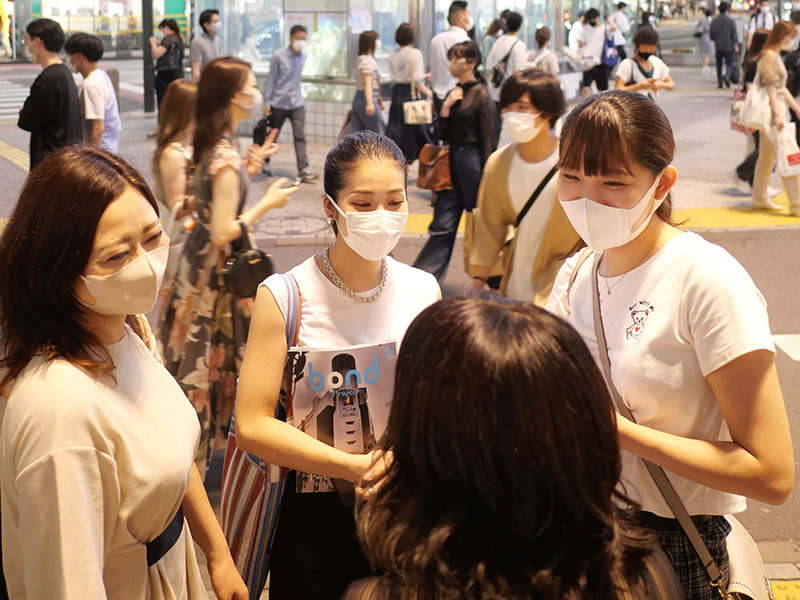
Tachibana pointed out that these girls may have urgent troubles at any time of the day, and it is difficult for them to make any kind of promises and plans because of their unstable lives, while government organizations have office hours. Bond Project, a nonprofit that Tachibana established in Tokyo in 2009, functions, as its name suggests, to link at-risk girls with municipalities and support organizations while serving as a support organization itself.
In addition to reaching out to youths on the street, Bond Project has been reinforcing its online patrol activities, especially after a serial murder case in Zama, Kanagawa Prefecture, that shocked the nation in 2017. The killer, Takahiro Shiraishi, strangled and dismembered eight females and one male ranging in age from 15 to 26 in a period of a few months. Shiraishi and the victims reportedly had become acquainted on social media.
Tachibana attended his trial several times and sent letters to him asking for an interview. After the second letter, Shiraishi accepted and they spoke face-to-face. Among the many things she learned in the interview were two important pieces of information. First, there are many communities that consist of troubled young women and men who try to prey on them on social media. Second, the victims may have chosen to meet Shiraishi instead of the many other men because he adjusted his tone to match each of the victims and offered to meet their requests.
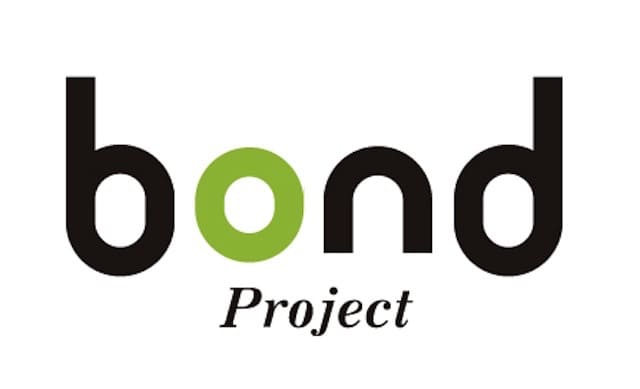
“I don’t mean to say that social networking services are bad. I just want these girls to be found by us before they are found by people with evil intentions,” Tachibana said, stressing that it is easy to make a wrong judgment about whom to trust when one is desperate.
The online patrol also enables Bond Project to reach out to youths all across Japan, which is an important first step. But to provide the actual support they need, a nationwide network of support organizations is necessary. The Fish Family Foundation, which had given a Champion of Change Japan Award to Tachibana in 2018, offered a grant to Bond Project last year to conduct a survey and interviews on dozens of private support organizations across Japan.
The results of the research, which revealed that funding, human resources and successors were lacking at the organizations, were submitted to the Ministry of Health, Labor and Welfare in the form of a proposal for better assistance for both troubled young women and support organizations. This led to a series of online seminars in February and March attended by 400 participants, including national and local government officers and members of nonprofit organizations. Bond Project, with additional financial support from the foundation this year, will engage in projects to build a partnership network of support organizations and a program to share know-how within the network.

